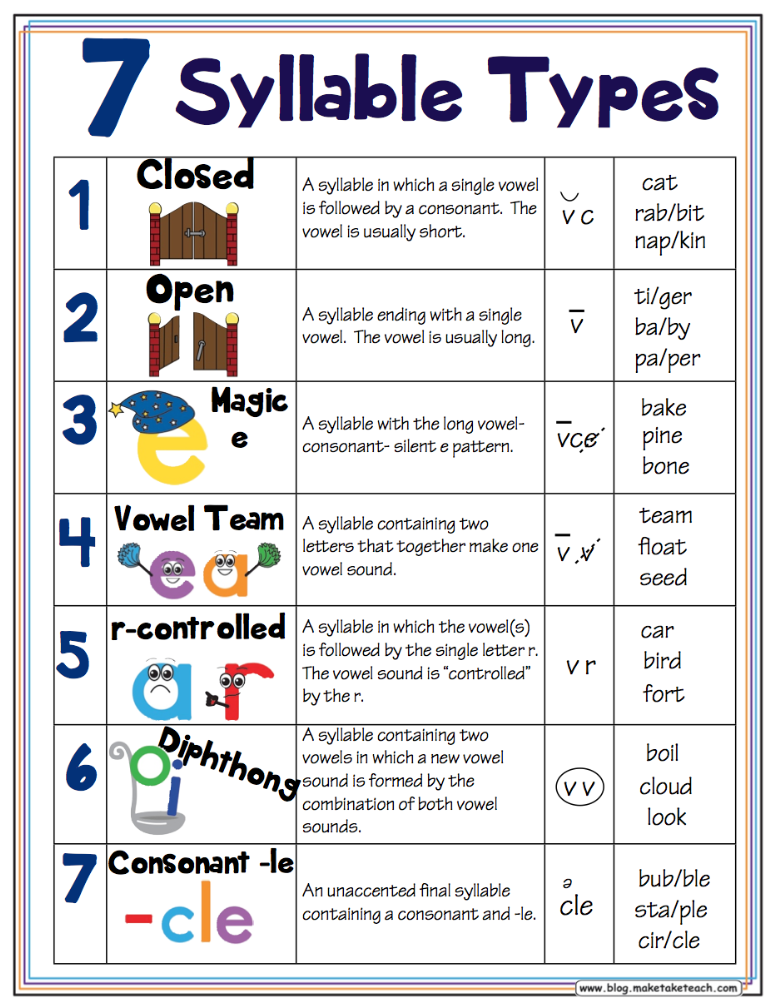My answer is, YES.
I found this graphic on http://www.edudemic.com/skipping-your-reading-homework/.
The graphic really emphasizes how important reading is.

Reading at home exposes students to new words, vocabulary, and background knowledge.
This website also provides some ways to make reading enjoyable:
Ways to Make Reading an Enjoyable Habit for Students
With all of the lifetime upsides that come from reading, how can teachers and parents help kids develop a habit of daily reading?
Start with a mini habit. In his book “Mini Habits,” Stephen Guise suggested starting a new habit with a small change that can easily be accomplished. His example? Doing one pushup as the start of an exercise program. Once you’ve finished one pushup, you’re likely to do at least one more. Then the next day, knowing how easily you accomplished the task before, you’re more likely to do it again. With reading, perhaps set a limit at two or three minutes, then gradually adding a minute at a time. Longer periods of reading are obviously preferred, but reading consistently, over a period of time, is an effective way to create that habit.
Add variety to reading. For reluctant readers, or even those who need a change, use different forms of reading sources, not just books. Magazines, newspapers, graphic novels, recipes, audio books and online reading can add a new dimension of skill and enjoyment.
Model reading. Share your love of reading with your class. Tell them about some of your favorite books when you were young and let them see what books you are currently reading. Keep in mind the benefits reading offers adults, such as providing stress relief, decreasing the likelihood of developing Alzheimer’s, and boosting analytical thinking.
Make reading assignments positive. Avoid making kids read as punishment. Scholastic.comsays that to foster a love of reading, let students see that reading isn’t a chore, a competition, or a test.
Read aloud to the class. No matter what the age of your students, give them the chance to form pictures in their heads as you read to them.
Have students read to others. Have students read to a parent, a younger sibling, a pet or a stuffed animal. Ask students to report back on how the listener reacted to the story (yes, even the inanimate ones).
Build reading time in your classroom every day. Help students develop the habit by consistently setting aside a few minutes a day for your class to relax with a book. Once they realize you think reading is important, they’re more likely to think it’s important too.
DeLoatch, P. (2015). The Long-Term Effects of Skipping Your Reading Homework. Edudemic. Retrieved from http://www.edudemic.com/skipping-your-reading-homework/


